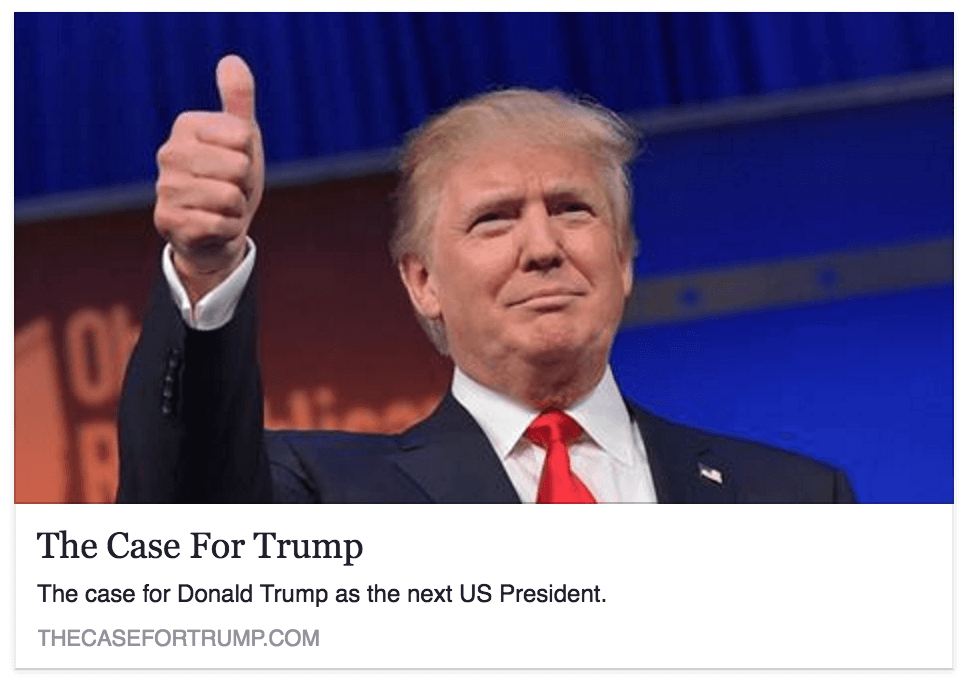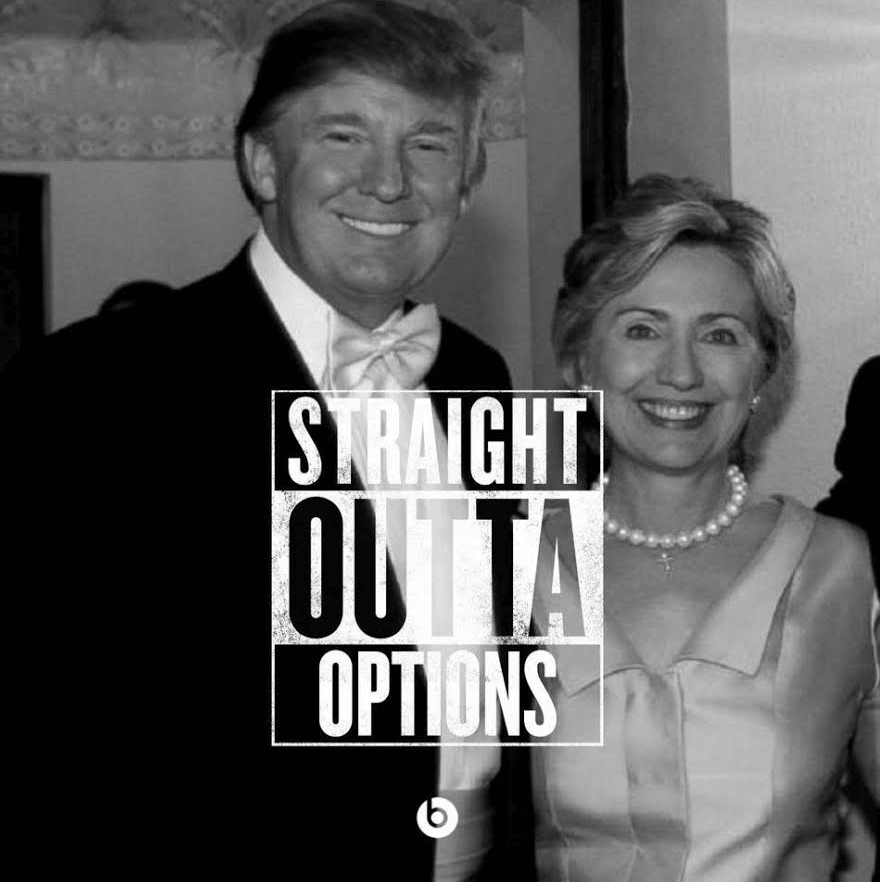[guest post by Dana]
Nicholas Kristof has an eye-opening piece at the New York Times titled A Confession of Liberal Intolerance. In his op-ed, he both admits to and laments an undeniable sort of discrimination at our institutions of higher learning. You’re sort of late to the party, Nicholas, but welcome anyway:
We progressives believe in diversity, and we want women, blacks, gays, Latinos, and Muslims at the table – er, so long as they’re not conservatives.
Universities are the bedrock of progressive values, but one kind of diversity that universities disregard is ideological and religious. We’re fine with people who don’t look like us, as long as they think like us.
Thus Kristof begins his confession. Given the recent outing of Facebook for its calculated political bias, Kristof informs us that that’s exactly where he’s been mulling this over. On Facebook. How ironic.
I’ve been thinking about this because on Facebook recently I wondered aloud whether universities stigmatize conservatives and undermine intellectual diversity. The scornful reaction from my fellow liberals proved the point.
“Much of the ‘conservative’ worldview consists of ideas that are known empirically to be false,” said Carmi.
“The truth has a liberal slant,” wrote Michelle.
“Why stop there?” asked Steven. “How about we make faculties more diverse by hiring idiots?”
To his credit, Kristof zeroes in on the root of the problem: liberal arrogance. (I think liberal ignorance would have worked equally as well.)
He also offers findings from four different studies that demonstrate that Republican professors in the humanities and social sciences are indeed “endangered species,” and the stark contrast a black sociologist provides reveals the narrow-minded bigotry of supposed “progressives” (a term used to describe a group of people who are anything but…):
“Outside of academia I faced more problems as a black,” he told me. “But inside academia I face more problems as a Christian, and it is not even close,”
If it’s tough being a conservative in academia, it’s even tougher if one is also an evangelical:
According to Yancey’s study, 59 percent of anthropologists and 53 percent of English professors would be less likely to hire someone they found out was an evangelical.
“Of course there are biases against evangelicals on campuses,” notes Jonathan L. Walton, the Plummer Professor of Christian Morals at Harvard. Walton, a black evangelical, adds that the condescension toward evangelicals echoes the patronizing attitude toward racial minorities: “The same arguments I hear people make about evangelicals sound so familiar to the ways people often describe folk of color, i.e. politically unsophisticated, lacking education, angry, bitter, emotional, poor.”
Kristof, who earns his bread and butter in the belly of the self-admitted liberally-biased beast, nonetheless reminds readers of all political persuasions why this particular kind of discrimination is so dangerous:
To me, the conversation illuminated primarily liberal arrogance — the implication that conservatives don’t have anything significant to add to the discussion. **My Facebook followers have incredible compassion for war victims in South Sudan, for kids who have been trafficked, even for abused chickens, but no obvious empathy for conservative scholars facing discrimination.
The stakes involve not just fairness to conservatives or evangelical Christians, not just whether progressives will be true to their own values, not just the benefits that come from diversity (and diversity of thought is arguably among the most important kinds), but also the quality of education itself. When perspectives are unrepresented in discussions, when some kinds of thinkers aren’t at the table, classrooms become echo chambers rather than sounding boards — and we all lose.
**Clearly, narrow-minded bigots are limited in their capacity to feel anything but disdain for those who dare to think differently. The very definition of progressive.
–Dana




